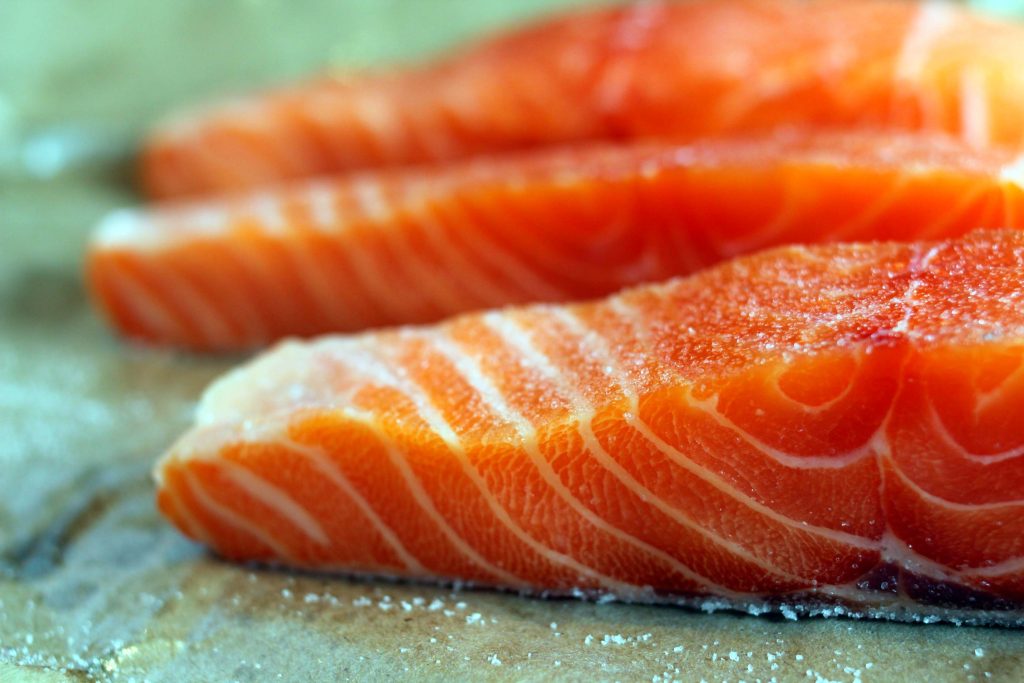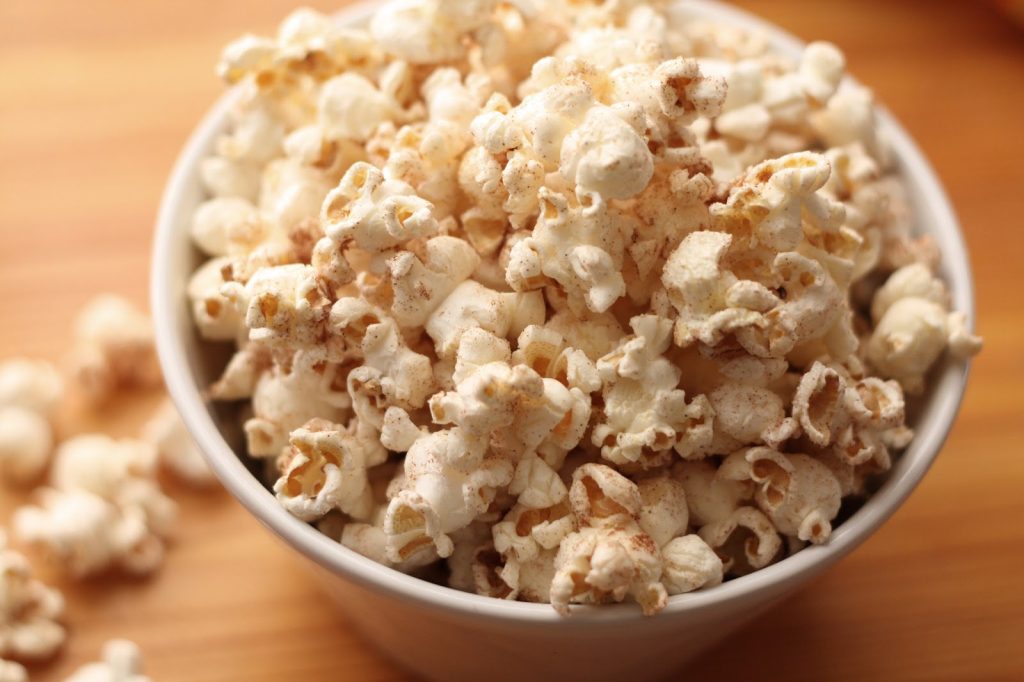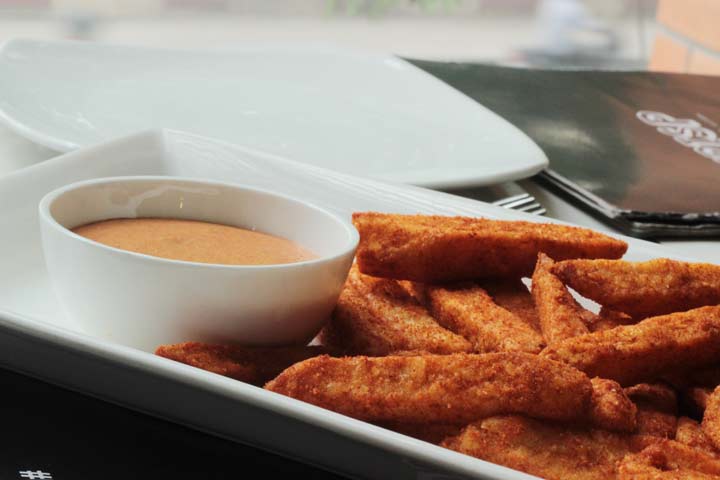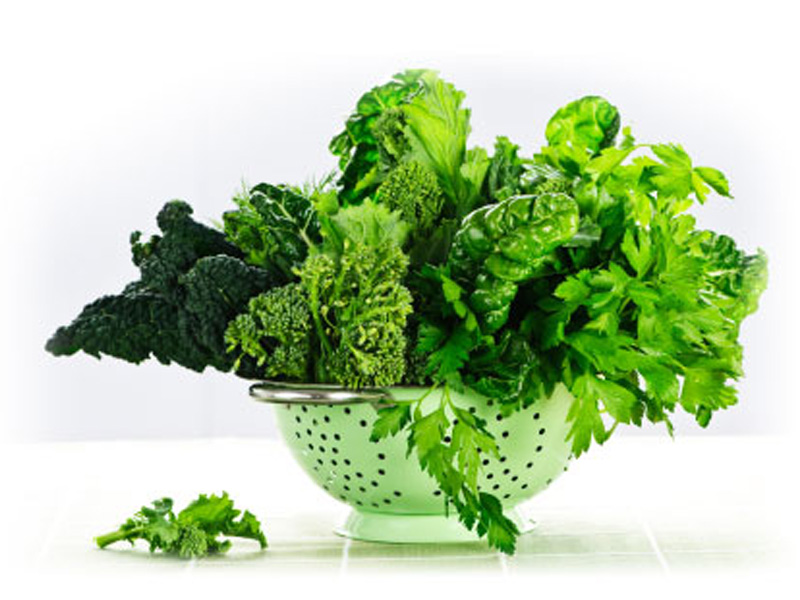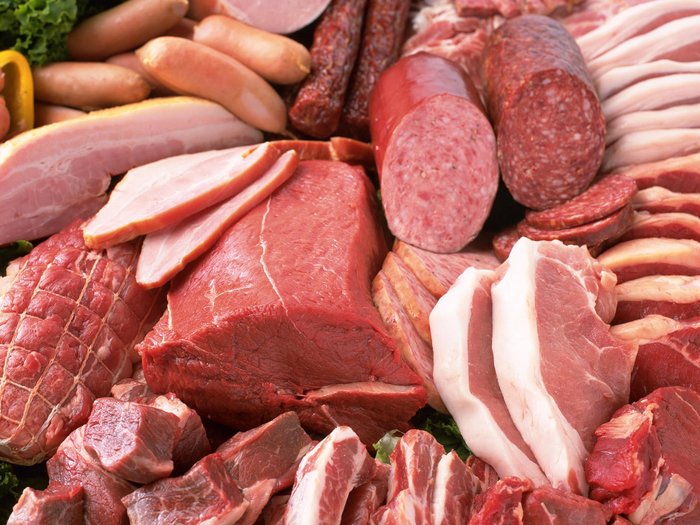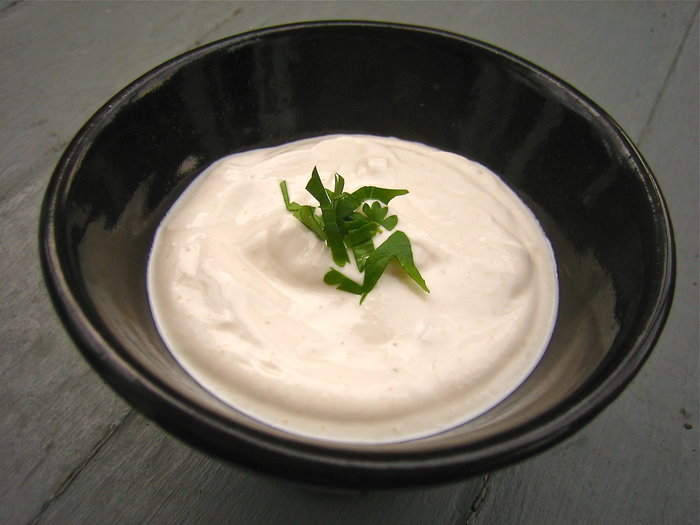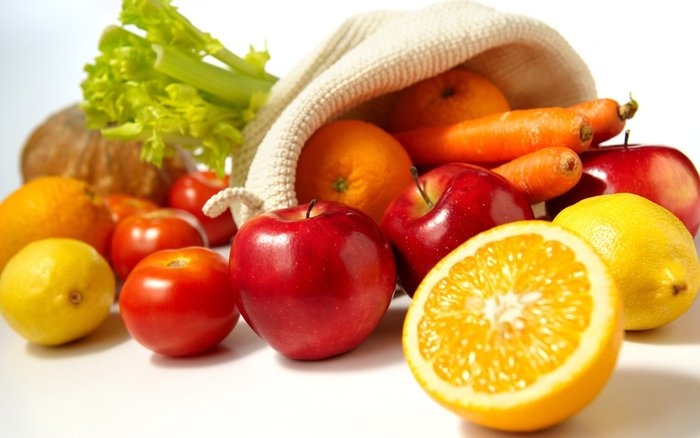Health
10 Foods that are a Must-Add to a Pregnant Woman’s Diet
If you’re reading this and you are pregnant, we will take a moment to say Congratulations! You have just entered a beautiful new phase of your life and we wish you all the best.
We want to take our wishes just a bit further and help you to make these 9 spectacular and tiring months of your life just a bit healthier and easier. After all, you are eating for two now. Take a deep breath, here we go.
1. Eggs
“It’s amazing what you get in one egg for only about 90 calories,” says Elizabeth Ward, dietitian and author of Expect the Best, Your Guide to Healthy Eating Before, During, and After Pregnancy.
Apart from having more than 12 vitamins and minerals, eggs contain lots of quality protein, which is essential for pregnancy.
“Your baby’s cells are growing at an exponential rate, and every cell is made of protein,” Ward explains. “Plus, as a pregnant woman, you have your own protein needs.” Eggs for the win, then?
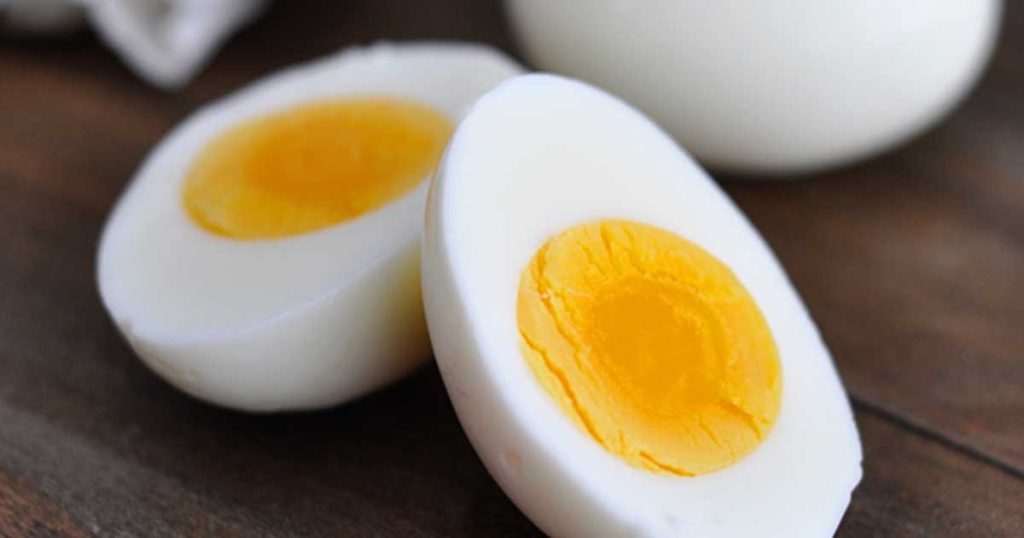
What about the fact that eggs are high in cholesterol? It turns out that eating saturated fat does much more damage to your cholesterol level than eating the cholesterol naturally found in food.
And while eggs are high in cholesterol, they’re also relatively low in saturated fat, with only about 1 1/2 grams per egg.
“Healthy women with normal blood cholesterol can consume one to two eggs a day as part of a balanced diet low in saturated fat,” Ward says. But if cholesterol is a concern for you, substitute egg whites for whole eggs.
2. Beans
You know you need to take protein while you’re preggers, but you don’t realize what an important friend fiber is.
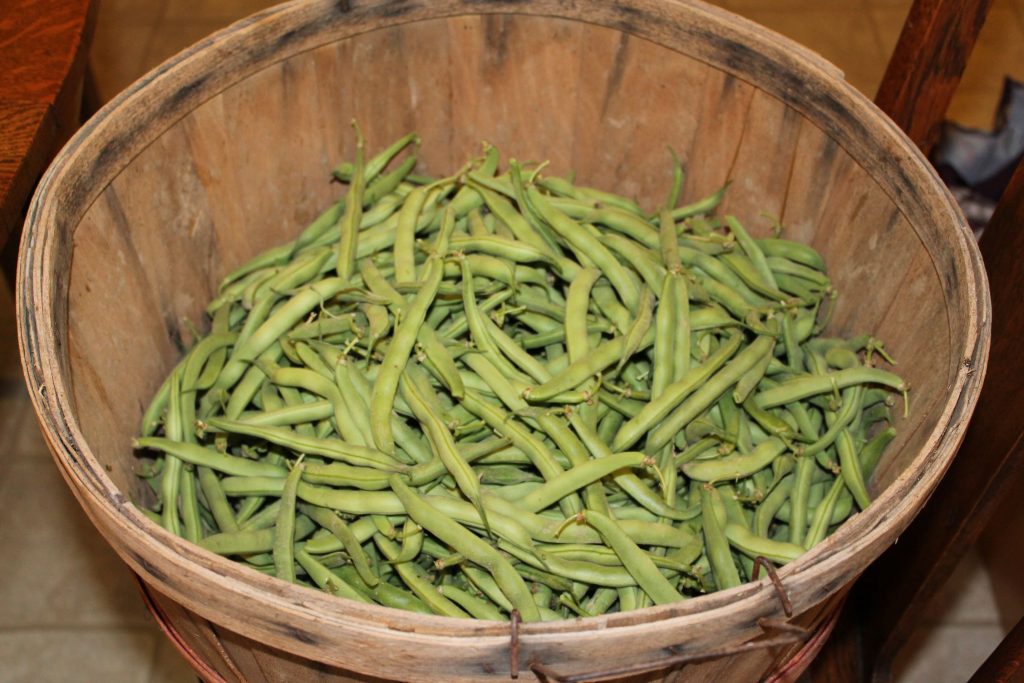
When you’re pregnant, your gastrointestinal tract slows down, putting you at risk for constipation and hemorrhoids. Fiber can help prevent and relieve these problems. According to Ward, “Beans contain the most fiber and protein of all the vegetables”.
3. Salmon
Salmon is an extremely good source of omega-3 fats which are good for your baby’s development. Omega-3 fats are known to be important for brain and vision development.
Unlike other fish like mackerel, swordfish, tilefish, and shark, salmon has low amounts of mercury, a compound that can be harmful to your baby’s developing nervous system.
That said, try eating no more than 12 ounces per week to avoid ingesting too much mercury.
4. Popcorn
Before you jump up and down with this news, remember – you’re pregnant!
Popcorn is a whole grain. Whole grains are important in pregnancy because they’re high in fiber and nutrients.
But don’t stop at popcorn. There are lots of other whole grains out there, from oatmeal to barley. Fluffy, nutty-tasting quinoa is one of Ward’s favorites.
“Whole grain quinoa is easy to make and is very high in nutrients, particularly protein, making it a superfood in and of itself,” she says.
5. Walnuts
“Walnuts are one of the richest sources of plant-based omega-3s,” says dietitian Kate Geagan, author of Go Green, Stay Lean. “A handful of walnuts is a great choice for an on-the-run snack or an addition to a salad.”
6. Sweet Potatoes
Sweet potatoes are also a great source of vitamin C, folate, and fiber. And like beans, they’re inexpensive and versatile. “Cook extra and save them to slice up later as a snack,” Ward suggests.
7. Green and Leafy Vegetables
Spinach, kale, Swiss chard, and other green leafy vegetables are loaded with vitamins and nutrients, including vitamins A, C, and K, as well as the all-important folate. They’ve also been found in development of eye health.
8. Lean Meats
Meat is an excellent source of high-quality protein, says dietitian Karin Hosenfeld of North Dallas Nutrition. “Look for lean meats with the fat trimmed off,” she says. “When buying red meat in particular, look for cuts that are around 95 to 98 percent fat free.”
Beef and pork stand out among meats because they contain choline in addition to protein, says Ward.
Don’t eat deli meats or hot dogs unless they’re heated until steaming hot. There’s a small risk of passing bacteria and parasites, such as listeria, toxoplasma, or salmonella from the meat to your baby.
9. Greek Yogurt
Greek yogurt typically has twice the protein of regular yogurt, making it a favorite. And any kind of yogurt is a great source of calcium, which is vital in a pregnancy diet. If you don’t take in enough calcium, the limited amount you have will go to your baby, says Geagan, depleting the calcium in your bones.
10. Colourful fruits and vegetables
Eating plenty of green, red, orange, yellow, purple, and white fruits and vegetables ensures that you and your baby get a variety of nutrients. Each color group provides different vitamins and minerals so make sure you have a healthy mix!

